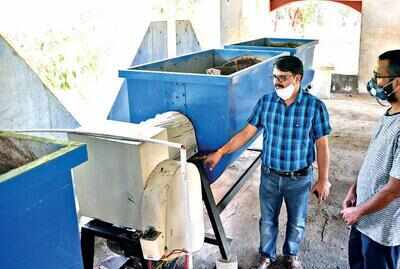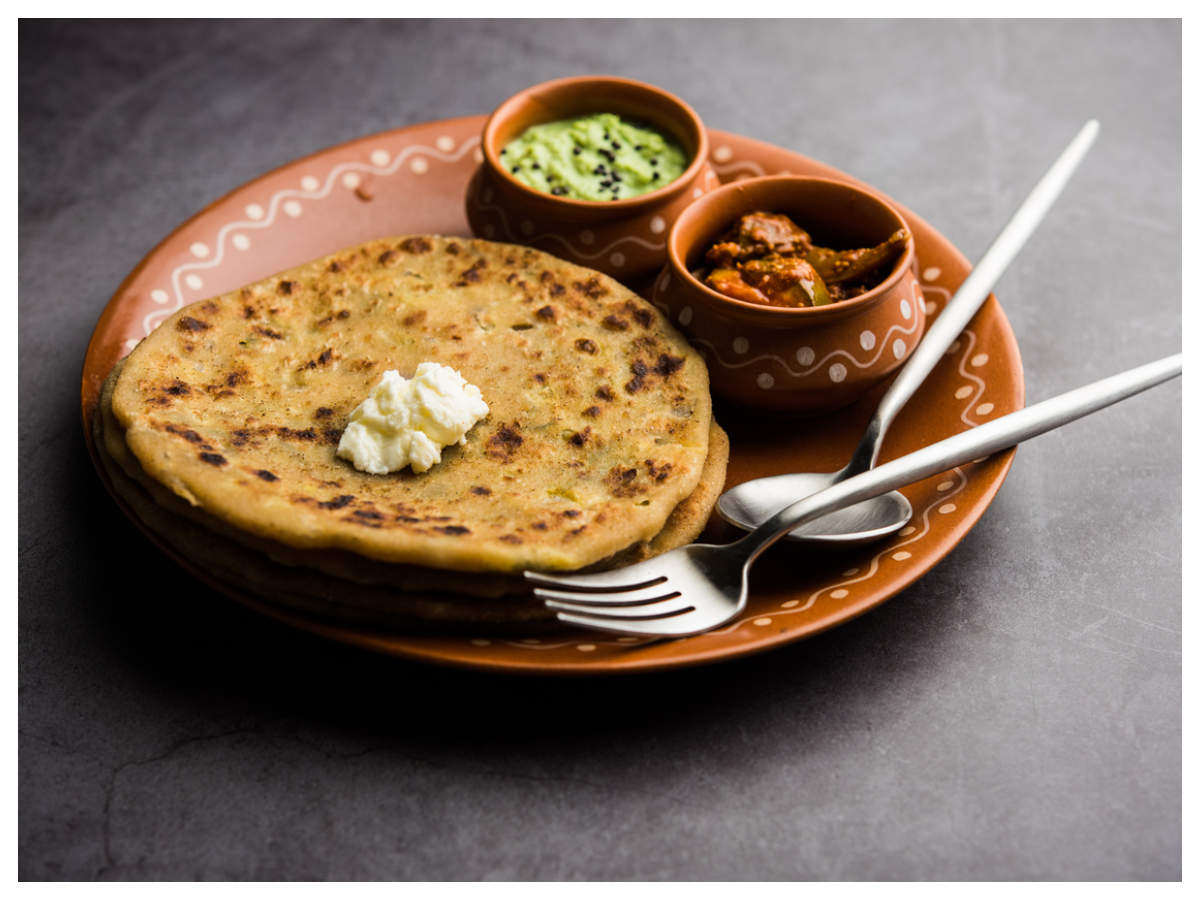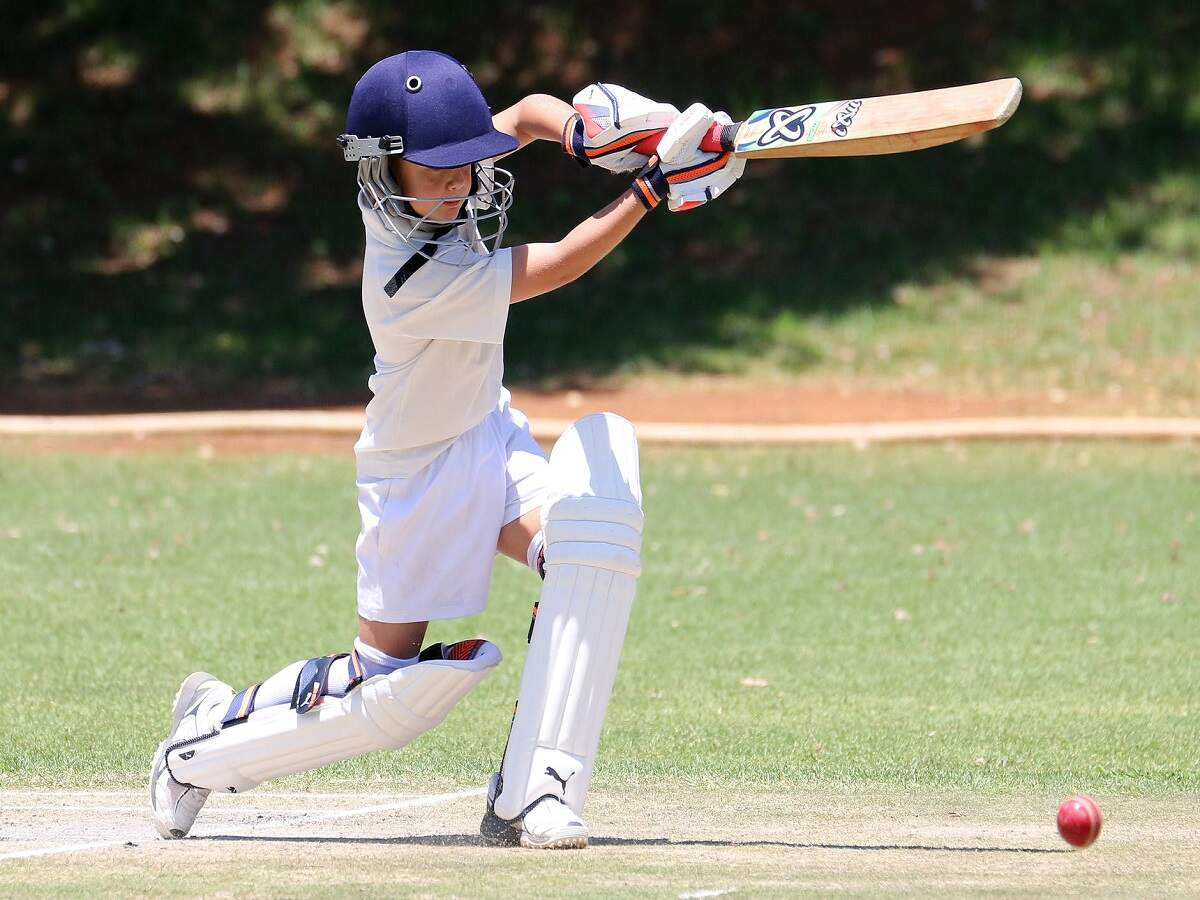
Surat: Times change and along with it takes the sting out of dogged stigmas. Among many changes augmented by rationality so far, one more societal dogma on crematoriums will be done away by converting flowers offered to the dead as per ritualistic Hindu traditions to create compost manure.
Shree Ramnath Ghela Smashan Bhumi Trust (SRGSBT) in Umra will start making compost fertilizer from flower waste by using an indigenously developed technology by Sardar Vallabhbhai National Institute of Technology (SVNIT).
With this, SRGSBT may prove to be a pathfinder among the country’s crematoriums to start converting waste into organic utility.
“On an average daily 100 kg of flower-waste gets generated in the crematorium. Disposing waste flowers becomes a major issue as decomposing flowers stink in monsoon and dried waste needs to be burnt in summer. We do not throw the waste into the adjoining river directly and so, this machine can help us with a permanent solution,” said Harish Umrigar, president of SRGSBT.
Ending their research that spanned a few years, associate professor at the varsity’s civil engineering department KD Yadav and PhD student Dayanand Sharma developed the technology for which the duo also bagged a patent for invention. After a successful trial run for nearly two years at the institute, researchers now put it up for public use.
The crematorium will require a machine with 450 kg capacity to convert the waste into compost manure in 25 days. From 100 kg waste, it will produce 30 kg compost, researchers informed.
“It produces high-quality compost that can be used as fertilizer. It is a trial project and we are going to install similar machines in temples as well with the support of Surat Municipal Corporation,” said Yadav, adding that they have approached Gujarat Council of Science and Technology (GUJCoST) for funds.
“From the composter machine, the organizations can produce fertilizer which is sold at Rs 20 per kg in market. Farmers are ready to buy a good quality fertilizer that we are distributing for free in some of the villages,” Yadav added.
Shree Ramnath Ghela Smashan Bhumi Trust (SRGSBT) in Umra will start making compost fertilizer from flower waste by using an indigenously developed technology by Sardar Vallabhbhai National Institute of Technology (SVNIT).
With this, SRGSBT may prove to be a pathfinder among the country’s crematoriums to start converting waste into organic utility.
“On an average daily 100 kg of flower-waste gets generated in the crematorium. Disposing waste flowers becomes a major issue as decomposing flowers stink in monsoon and dried waste needs to be burnt in summer. We do not throw the waste into the adjoining river directly and so, this machine can help us with a permanent solution,” said Harish Umrigar, president of SRGSBT.
Ending their research that spanned a few years, associate professor at the varsity’s civil engineering department KD Yadav and PhD student Dayanand Sharma developed the technology for which the duo also bagged a patent for invention. After a successful trial run for nearly two years at the institute, researchers now put it up for public use.
The crematorium will require a machine with 450 kg capacity to convert the waste into compost manure in 25 days. From 100 kg waste, it will produce 30 kg compost, researchers informed.
“It produces high-quality compost that can be used as fertilizer. It is a trial project and we are going to install similar machines in temples as well with the support of Surat Municipal Corporation,” said Yadav, adding that they have approached Gujarat Council of Science and Technology (GUJCoST) for funds.
“From the composter machine, the organizations can produce fertilizer which is sold at Rs 20 per kg in market. Farmers are ready to buy a good quality fertilizer that we are distributing for free in some of the villages,” Yadav added.

Coronavirus outbreak
Trending Topics
LATEST VIDEOS
City
 Shocking: Delhi fake cab app racket busted: 1,000 duped of Rs 250 crore
Shocking: Delhi fake cab app racket busted: 1,000 duped of Rs 250 crore  Congress leader Udit Raj launches scathing attack on UP CM Yogi Adityanath
Congress leader Udit Raj launches scathing attack on UP CM Yogi Adityanath  'Terror factory' red-flagged: 3 Jammu and Kashmir teachers held under PSA, school faces terror scan
'Terror factory' red-flagged: 3 Jammu and Kashmir teachers held under PSA, school faces terror scan  Mumbai power outage: Fire in generator set at Apex Hospital; 1 dead
Mumbai power outage: Fire in generator set at Apex Hospital; 1 dead
More from TOI
Navbharat Times
Featured Today in Travel
Quick Links
Get the app



